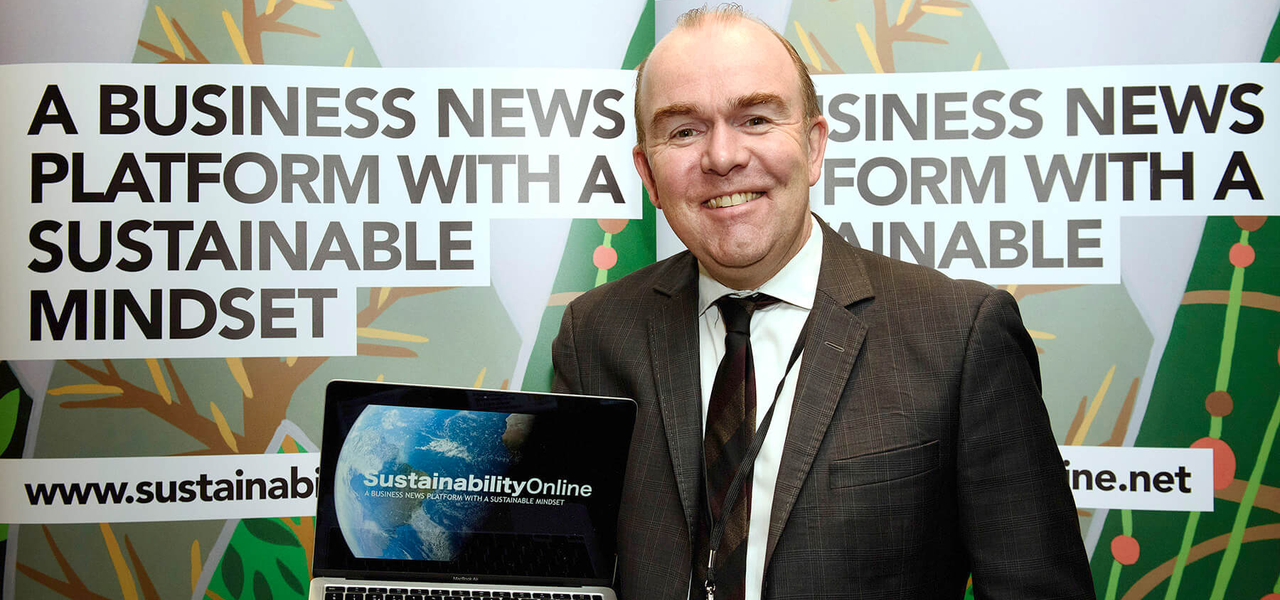A guest post by Stephen Wynne-Jones, Editor of SustainabilityOnline.net
At the recent Consumer Goods Forum Global Summit in Amsterdam, an annual gathering of CEOs from the world's biggest retail and consumer goods firms, James Quincey, the chief executive of Coca-Cola, outlined how sustainability has turned from a 'nice to have' into a business imperative for the soft drinks giant.
"All the beverages we sell need water," Quincey explained, pointing to the group's 2030 Water Security Strategy, which aims to accelerate water availability in the areas in which it operates. "If there's no water, it's going to be super problematic."
The same is true of packaging – all Coca-Cola packaging, whether it's produced from PET, aluminium and glass, is heavily recyclable, and, as Quincey noted, is "worth money", meaning that any opportunity to re-use said materials is "good economics".
"It's simple business, we're protecting our ability to operate," he noted.
As the biggest individual user of plastic packaging in the world – and therefore the firm most responsible for global plastic waste – Coca-Cola isn't widely considered a poster boy for ESG, but Quincey's comments are reflective of how businesses need to start thinking about sustainability: how to turn it into something that makes economic sense, as well as being the right thing to do from an ethical standpoint.

It's conversations like this that led to the creation of SustainabilityOnline.net, a news platform that seeks to unlock the business opportunity from sustainability, and showcase the firms that are making it work from a revenue and profit-driving perspective.
The reference to Coca-Cola isn't an accidental one either – in the ten years leading up to the creation of SustainabilityOnline, I was the editor of a leading business-to-business magazine serving C-level executives across Europe's retail and consumer goods landscape, and was able to closely observe how sustainability was being embedded in corporate decision-making.
For some, this integration proved fruitful, while for others, sustainability remained stuck in first gear, an often-tokenistic gesture that was paused (or parked altogether) once broader business concerns came to the fore – the cost of living, supply chain concerns, or geopolitical shifts. Others, too, are prepared to talk a good game, hanging on to the coat tails of the true benchmark setters, while remaining non-committal about their actual sustainability efforts.
The planet is heating up – that's not up for debate – and consumers and businesses alike have good cause to be concerned. But by framing sustainability in a purely emotional context, it is inevitable that lethargy will set in. More effort needs to be made to convey the positives from sustainability, particularly from a business perspective, to truly move the needle.
Being more sustainable means driving greater efficiency, reducing costs, tapping into new growth opportunities – all things that make business, as well as planetary, sense.
This message is starting to resonate among governments and trans-national organisations like the UN, where the dialogue has shifted from one of fear (i.e. "we are running out of time") to one of practical application. Addressing the June Climate Meetings in Bonn recently, UN Climate Change executive secretary Simon Stiell described the NDC process – where countries submit updated climate action strategies – as "economic plans", or "investment blueprints for clean growth, energy security, resilience, and equity".
In other words, sustainability presented as the future of business, something that's tangible, implementable.
SustainabilityOnline aims to showcase the businesses, across a wide variety of industries, that have grasped this nettle, and are using sustainability to drive their sector forward.
Keep up to date at www.sustainabilityonline.net
With thanks to Stephen Wynne-Jones


